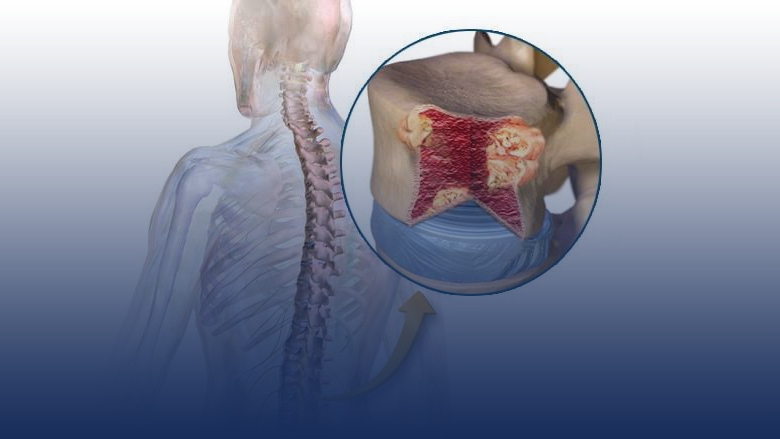Bone Marrow Transparent

A bone marrow transplant is a procedure that infuses healthy blood-forming stem cells into your body to replace bone marrow that’s not producing enough healthy blood cells. A bone marrow transplant is also called a stem cell transplant.
You might need a bone marrow transplant if your bone marrow stops working and does not produce enough healthy blood cells.
Bone marrow transplants may use cells from your own body (autologous transplant) or from a donor (allogeneic transplant).
Why it's done
A bone marrow transplant may be used to:
- Safely allow treatment with high doses of chemotherapy or radiation by replacing or rescuing the bone marrow damaged by the treatment
- Replace bone marrow that’s not working properly with new stem cells
- Provide new stem cells, which can help kill cancer cells directly
Bone marrow transplants can benefit people with a variety of both cancerous and noncancerous diseases, including:
- Acute leukemia
- Adrenoleukodystrophy
- Aplastic anemia
- Bone marrow failure syndromes
- Chronic leukemia
- Hemoglobinopathies
- Hodgkin’s lymphoma
- Immune deficiencies
- Inborn errors of metabolism
- Multiple myeloma
- Myelodysplastic syndromes
- Neuroblastoma
- Non-Hodgkin’s lymphoma
- Plasma cell disorders
- POEMS syndrome
- Primary amyloidosis
What you can expect
During your bone marrow transplant
Your bone marrow transplant occurs after you complete the conditioning process. On the day of your transplant, stem cells are infused into your body through your central line.
The transplant infusion is painless. You’ll be awake during the procedure.
After your bone marrow transplant
When the new stem cells enter your body, they travel through your blood to your bone marrow. In time, they multiply and begin to make new, healthy blood cells. This is called engraftment. It usually takes several weeks before the number of blood cells in your body starts to return to the standard range. In some people, it may take longer.
In the days and weeks after your bone marrow transplant, you’ll have blood tests and other tests to monitor your condition. You may need medicine to manage complications, such as nausea and diarrhea.
After your bone marrow transplant, you’ll remain under close medical care. If you’re experiencing infections or other complications, you may need to stay in the hospital for several days or longer. Depending on the type of transplant and the risk of complications, you’ll need to remain near the hospital for several weeks to months to allow close monitoring.
You may also need periodic transfusions of red blood cells and platelets until your bone marrow begins producing enough of those cells on its own.
You may be at greater risk of infections or other complications for months to years after your transplant. For the rest of your life, you’ll meet regularly with your health care provider to check for late complications.
Medications
If your bone marrow transplant is using stem cells from a donor (allogeneic transplant), you may take medications to help prevent graft-versus-host disease (GVHD) and reduce your immune system’s reaction. These drugs are called immunosuppressive medications.
After your transplant, it takes time for your immune system to recover. During this time, you may be given medications to prevent infections.
Diet and other lifestyle factors
After your bone marrow transplant, you may need to adjust your diet to stay healthy and to prevent excessive weight gain. Your nutrition specialist (dietitian) and other members of your transplant team will work with you to create a healthy-eating plan that meets your needs and complements your lifestyle. Your dietitian can also give you food suggestions to control side effects of chemotherapy and radiation, such as nausea.
Your dietitian can also give you food suggestions to control side effects of chemotherapy and radiation, such as nausea.
Some of your dietitian’s recommendations may include:
- Following food safety guidelines to prevent foodborne infections
- Eating a wide variety of healthy foods, including vegetables; fruits; whole grains; lean meats, poultry and fish; legumes; and healthy fats, such as olive oil
- Limiting salt intake
- Restricting alcohol
- Avoiding grapefruit and grapefruit juice due to their effect on a group of immunosuppressive medications
After your bone marrow transplant, regular physical activity helps you control your weight, strengthen your bones, increase your endurance, strengthen your muscles and keep your heart healthy. As you recover, you can slowly increase your physical activity.
Taking steps to prevent cancer is even more important after your transplant. Don’t smoke. Wear sunscreen when you’re outside, and be sure to get recommended cancer screenings.
